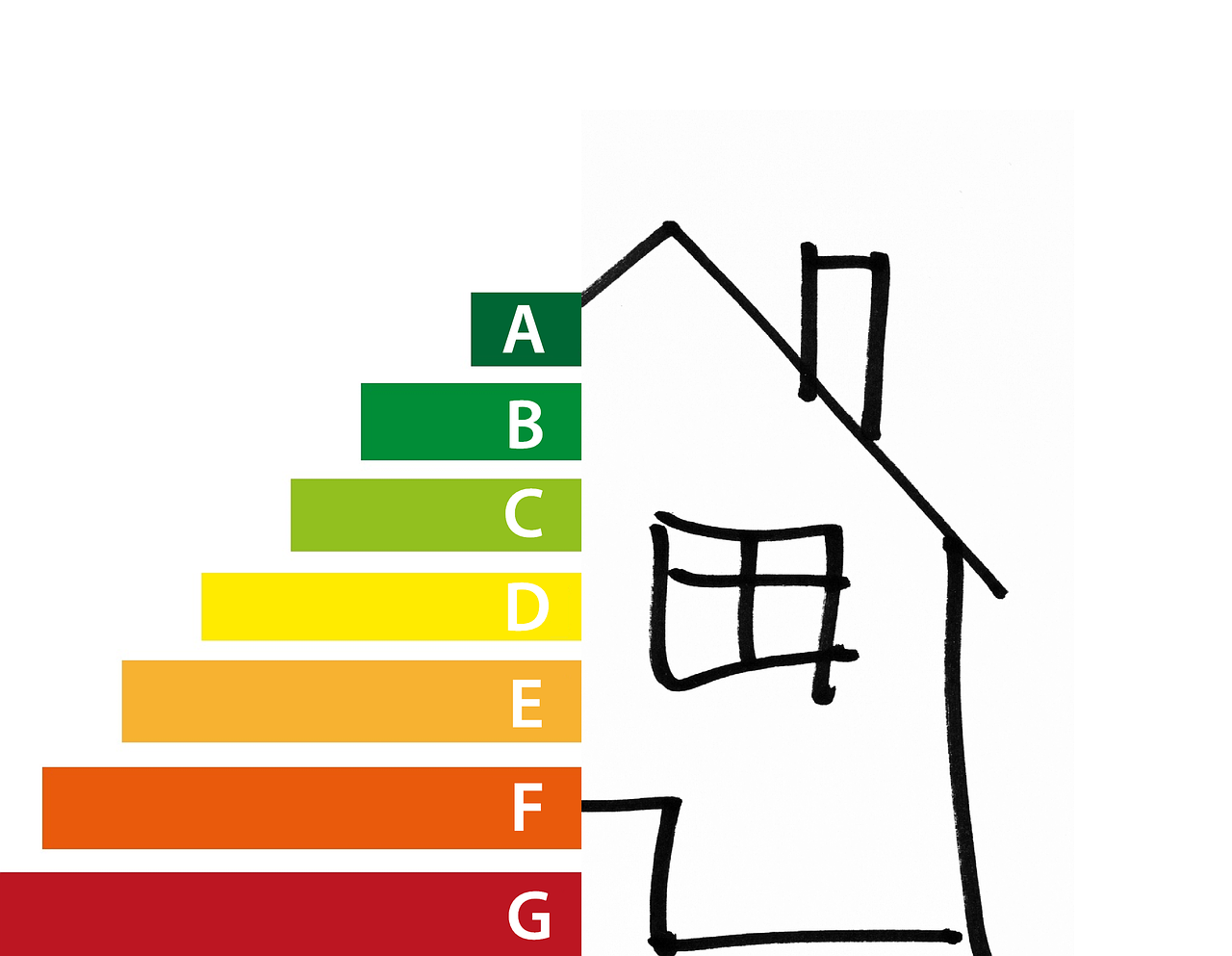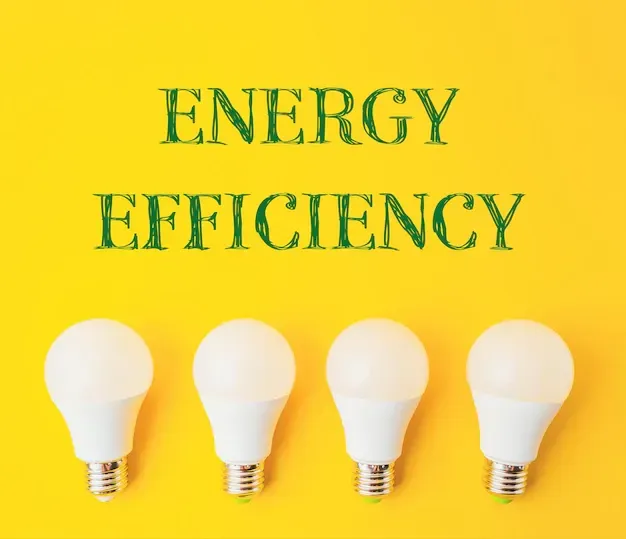Preparing for 2025: Understanding the New EPC Regulations for Private Landlords written by Walk-Us-Through Ltd approved Domestic Energy Assessors in Gloucestershire
EPC's new minimum rating for rental properties in 2025
As a landlord, you must keep up-to-date with the latest regulations that affect rental properties. One such regulation is the Energy Performance Certificate (EPC), which measures the energy efficiency of a property. The EPC has undergone significant changes in recent years, and there are new regulations set to come into effect in 2025. Understanding these changes is crucial for private landlords to ensure their rental property remains compliant with the latest regulations. In this article, we'll take a closer look at the new EPC regulations and what they mean for private landlords.
What are EPCs and why are they important?
An Energy Performance Certificate, or EPC for short, is a document that rates the energy efficiency of a property. The rating is based on a scale of A to G, with A being the most energy-efficient rating, and G being the least efficient. The certificate also provides recommendations for improving the energy efficiency of the property.
EPCs are important because they help tenants make informed decisions about the properties they rent. They also assist landlords in identifying areas for improvement to increase the energy efficiency of their rental properties.
Changes to the EPC regulations for landlords
The EPC regulations for landlords have undergone some significant changes in recent years. One of the most notable changes is the introduction of a minimum energy efficiency rating for rental properties. Since April 2018, landlords have been required to obtain a minimum energy efficiency rating of E for their rental properties. This means that any properties with a rating of F or G are no longer legally allowed to be rented out.
However, there are new regulations set to come into effect in 2025 that will require all rental properties to have a minimum rating of C. This means that landlords with properties rated D to G will need to make improvements to their properties to meet the new standards.
Impact of the new EPC regulations on landlords
The new EPC regulations set to come into effect in 2025 will have a significant impact on landlords. Firstly, landlords with properties rated D to G will need to make improvements to their properties to meet the new minimum rating of C. These improvements could include installing better insulation, upgrading heating systems, or installing renewable energy sources such as solar panels.
Secondly, landlords who fail to comply with the new regulations could face hefty fines and potential legal consequences. It's essential for landlords to take the necessary steps to ensure their rental properties meet the new minimum energy efficiency rating to avoid any potential penalties.
Preparing for the new EPC regulations
Preparing for the new EPC regulations is crucial for private landlords to ensure their rental properties remain compliant with the latest regulations. The first step is to obtain an up-to-date EPC for your rental property to identify its current energy efficiency rating.
Once you have your EPC, you can identify the improvements needed to meet the new minimum rating of C. It's essential to seek expert advice from a qualified energy assessor or a trusted contractor to ensure the improvements made are cost-effective and comply with the latest regulations.
Importance of energy efficiency in rental properties
Energy efficiency is crucial for rental properties because it helps to reduce the environmental impact of the property and can save tenants money on their energy bills. It also helps to increase the value of the property and can make it more attractive to potential tenants.
As a landlord, investing in energy-efficient improvements can help to reduce your property's running costs and increase its overall value. It's a win-win situation for both you and your tenants.
How to improve the energy efficiency of your rental property
Improving the energy efficiency of your rental property doesn't have to be a costly or time-consuming process. Some simple steps you can take include:
- Adding insulation to walls and roofs
- Upgrading heating systems
- Installing double or triple-glazed windows
- Using energy-efficient light bulbs
- Installing smart meters to monitor energy usage
It's essential to seek expert advice from a qualified energy assessor or a trusted contractor to ensure the improvements made are cost-effective and comply with the latest regulations.
EPC ratings and their significance
As mentioned earlier, EPC ratings range from A to G, with A being the most energy-efficient and G being the least efficient. The rating is based on factors such as insulation, heating systems, and renewable energy sources.
The significance of EPC ratings is that they provide a clear indication of a property's energy efficiency. This helps tenants make informed decisions about the properties they rent and can assist landlords in identifying areas for improvement to increase the energy efficiency of their rental properties.
Penalties for non-compliance with the EPC regulations
Landlords who fail to comply with the EPC regulations could face penalties, including fines and potential legal consequences. The amount of the fine will depend on the severity of the breach and the length of time the landlord has been in breach of the regulations.
It's essential for landlords to take the necessary steps to ensure their rental properties comply with the latest EPC regulations to avoid any potential penalties.
Conclusion and next steps for landlords
In conclusion, understanding the new EPC regulations is crucial for private landlords to ensure their rental properties remain compliant with the latest regulations. The new regulations set to come into effect in 2025 will require all rental properties to have a minimum energy efficiency rating of C.
To prepare for the new regulations, landlords should obtain an up-to-date EPC for their rental property and identify the improvements needed to meet the new minimum rating. Seeking expert advice from a qualified energy assessor or a trusted contractor is essential to ensure the improvements made comply with the latest regulations and are cost-effective.
Investing in energy-efficient improvements can help to reduce your property's running costs, increase its overall value, and make it more attractive to potential tenants. It's a win-win situation for both you and your tenants.
At www.walk-us-through.com we have approved domestic energy assessors covering the Gloucestershire area.
Lee Wells
Walk Us Through LTD











